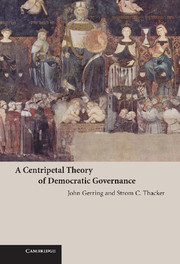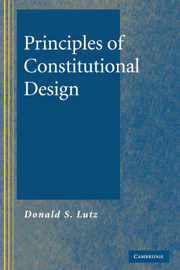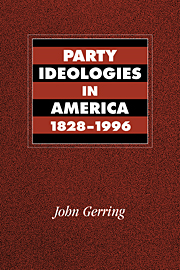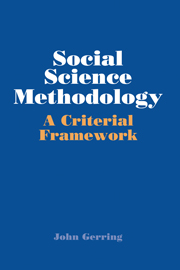A Centripetal Theory of Democratic Governance
This book sets forth a relatively novel theory of democratic governance, applicable to all political settings in which multi-party competition obtains. Against the prevailing decentralist theory (deriving from Madison and Montesquieu), we argue that good governance arises when political energies are focused toward the center. Two elements must be reconciled in order for this process of gathering together to occur. Institutions must be inclusive and they must be authoritative. We refer to this combination of attributes as “centripetal.” While the theory has many potential applications, in this book we are concerned primarily with national-level political institutions. Among these, we argue that three are of fundamental importance in securing a centripetal style of democratic governance: unitary (rather than federal) sovereignty, a parliamentary (rather than presidential) executive, and a closed-list PR electoral system (rather than a single-member district or preferential-vote system). We test the impact of these institutions across a wide range of governance outcomes.
- A novel theory of democratic governance, applicable to all political settings in which multi-party competition obtains
- Provides a detailed account of three different types of political institutions; unitary, executive, and a closed-list PR electoral system
- It is synoptic, addressing a wide range of political questions about how institutions matter to public policy
Reviews & endorsements
“This is an ambitious project, which asks how the design of democratic institutions affects downstream indicators of government performance, such as corruption, quality of bureaucracy, political stability, rule of law, protection of civil liberties, the capacity to tax, the provision of infrastructure, public health, illiteracy, trade protectionism, and more. Gerring and Thacker advance the controversial argument that institutions that centralize political authority outperform those that decentralize power. Scholars of comparative politics and would-be political reformers alike should take note of this important piece of work.”
-John Carey, Dartmouth College
“This splendid book offers a comprehensive theory, and a wide-ranging set of empirical tests, to explain why some democratic governments work better than others, and it represents is a significant addition to the growing body of evidence in favor or parliamentary government and proportional representation. It will be a touchstone for social scientists, policymakers, and constitution-drafters who are concerned with the role of formal institutions in structuring the tasks of governance.”
-Arend Lijphart, University of California, San Diego
Product details
June 2008Hardback
9780521883948
252 pages
229 × 152 × 17 mm
0.54kg
16 tables
Available
Table of Contents
- 1. Models of governance
- Part I. Causal Mechanisms:
- 2. Party government
- 3. Conflict mediation
- 4. Policy coordination
- Part II. Empirics:
- 5. Hypotheses
- 6. Crossnational tests
- 7. Assessing the evidence
- Part III. Conclusions:
- 8. In defense of grand theory
- Appendix A. Defining good governance
- Appendix B. Alternative theories revisited
- Sources.














